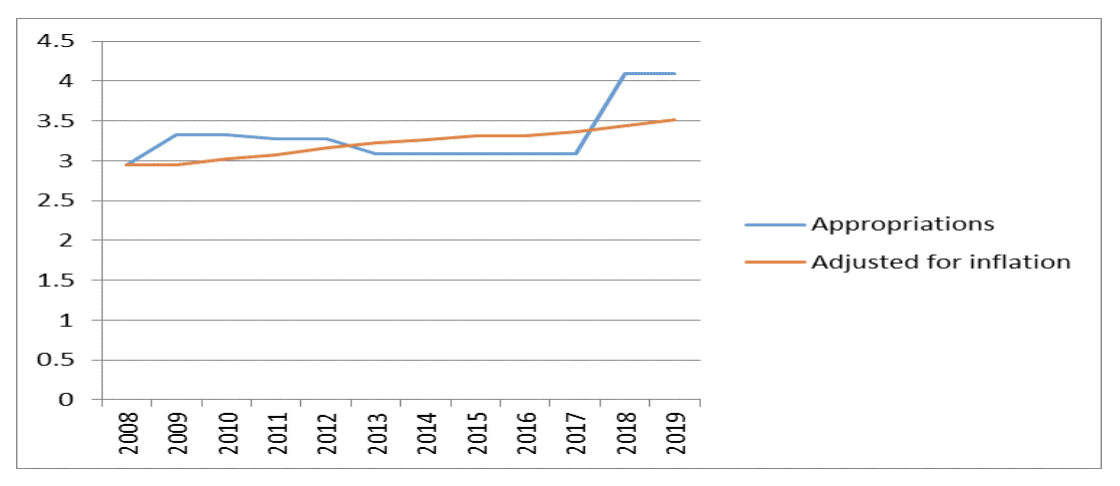Background/Funding History
The Traumatic Brain Injury (TBI) Act was authorized as part of the Children’s Health Act of 2000. Within the TBI Act, Congress created a Protection and Advocacy program for individuals with Traumatic Brain Injuries. This enables every state to have a Protection and Advocacy for Individuals with Traumatic Brain Injury (PATBI) program, funded at a minimum of $50,000 per state. Funded by the United States Department of Health and Human Services, Administration on Community Living, TBI impacts individuals of all ages.
In recent years, there has been a dramatic increase in the number of individuals with a TBI – particularly because it is the signature injury of the wars in Iraq and Afghanistan.
Approximately 280,000 soldiers have sustained a TBI while serving overseas and many are facing life-altering challenges at home, such as mood changes and cognitive difficulties. Additionally, according to the Center for Disease Control and Prevention, rates of hospital room visits for TBI increased 70% between 2000 and 2010. However, funding levels for the program have only increased a couple hundred thousand in the last eight years. With an increase in the number of individuals with TBI, funding levels must also increase.
Effective Protection and Advocacy (P&A) services for people with a TBI can lead both to reduced government expenditures and increased productivity, independence and community participation. However, advocates must possess specialized skills, due to the complex and multi-faceted impacts of a brain injury. In FY 2019, PATBI was funded at just $4.089 million.
NDRN recommends a funding level of $6 million for Fiscal Year 2020
Current Program Responsibilities
The CDC estimates that approximately 2.8 million people a year experience a traumatic brain injury severe enough to cause emergency treatment, hospitalization, or death. That amounts to 2.5 million emergency room visits.
From 2001-2012, the number of children treated in emergency rooms because of sports or recreational injuries doubled. Over 300,000 kids are being treated a year due to concussion or TBI due to recreational activities.
In fact, 3.2 million–5.3 million people in the United States live with a TBI-related disability at any given time.
Individuals with a TBI have an array of advocacy needs including assistance finding, maintaining or advancing in employment, finding a home, accessing needed supports and services such as personal attendant services, assistive technology, and obtaining appropriate mental health, substance abuse, and rehabilitation services. Often these individuals, including returning veterans, are forced to remain in extremely expensive institutional settings far longer than necessary without the advocacy of the P&A agency.
To ensure each agency has the resources necessary to maintain critical protection and advocacy services for those currently living with a brain injury and the growing number of people joining their ranks – including so many of our war veterans – PATBI funding must be increased.
For more information, contact Eric Buehlmann at 202-408-9514 or [email protected].

